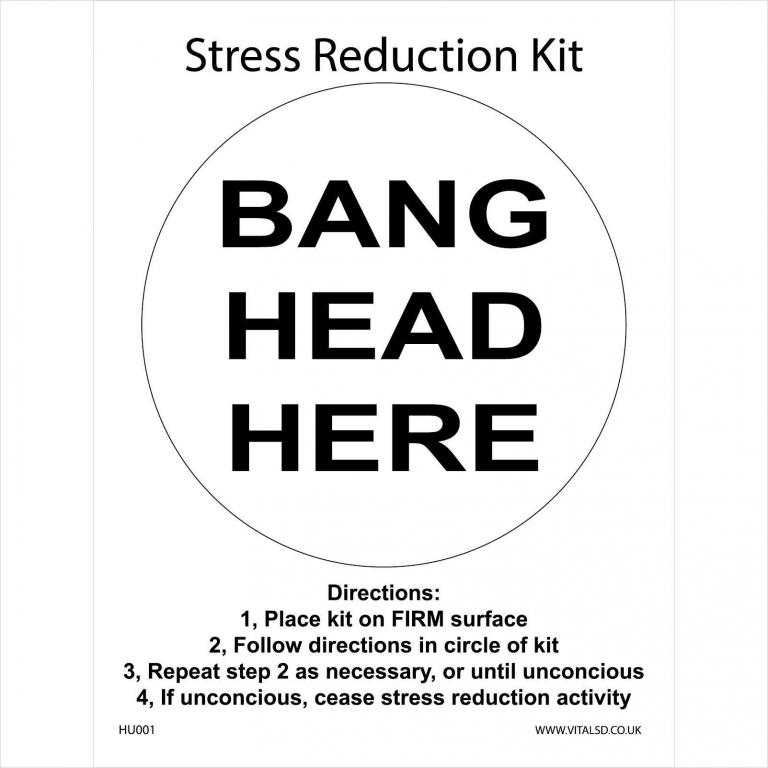The Stress Series Epilogue: Coping
How do people like you cope with work stress?
We’ve been asking this question and to this point, we have 3 leading answers:
- Prayer, 55%
- Escape through TV, film and surfing, 37%
- Work more hours, 34%
We’ve offered insights aimed at helping you deal more effectively throughout this series, so let’s see how the most popular methods stack up. I’ll take them in order and reflect a bit on why they work and also offer a caution because we need more than what these strategies offer.
Prayer
Why prayer works to lessen stress.
Prayer is a great way to face your stress at work. As the writers of the Bible enjoin, prayer is a process where we offload the demands of life into the lap of God. Prayer anchors us in a supernatural world, a world where we are not alone in the universe but can count on a loving and powerful heavenly father to care for and protect us. Praying for wisdom at work, praying for the specific people, tasks, problems, and situations we find overwhelming, praying for God to reveal his plan in our work — all of these types of regular prayers about work can decrease our stress.
Why prayer is not enough to lessen your stress.
Prayer should always be part of the mix and yet prayer alone is often not adequate to change reality in the ground of our experience. Prayer can be an excuse for inaction, for a lack of courage, and for a level of passivity that may leave us stuck where we are. Prayer combined with action can lessen your stress. Prayer alone will only provide momentary relief.
Escape
Why escape works to lessen your stress.
Escape that is intense enough to make us forget work demands can lessen stress by disconnecting us from reality. Productive research indicates that a 24/7, on-all-the-time way of working decreases work effectiveness, productivity, and creativity. We need breaks — breaks that are attention-grabbing enough for us to tune out of work demands and give our brains and hearts a rest.
Escape through TV, film, and the web, can provide this, particularly when they envelop us in a compelling narrative that is captivating and enriching.
Why escape is not enough to lessen your stress.
Escape and recreation are not necessarily the same thing. Escape is usually about stimulation. We work at a screen all day which overstimulates us with demand and then we go home to a screen which is supposed to help us escape the overstimulation of the day with overstimulation of its own. This can lead us to need more and more intensity in order to escape.
Recreation is an escape that grounds us, that makes us more human, and that truly engrosses us in a worthwhile story, forcing us to exercise “muscle” that we don’t use all day at work. Jews and Christians have practiced Sabbath keeping — building a 24-hour block of replenishment into their routine in order to provide a centering, filling, break from work. Escape cannot deliver the wholeness that true re-creation can.
Work More
Why working more may help lessen your stress.
Working more temporarily lessens stress when it beats back urgent demands. Some clients find they are most productive on the train ride home or in the solitude of the evening at their residence. Catching up and/or getting ahead can bring a tremendous amount of relief. For me, having a relatively empty inbox decreases a stress-feeding sense of chaos.
Working more during specific seasons of high demand may also be normal in your field of work. Everyone from farmers to accountants to emergency room doctors can experience seasonal spikes in demand. These aberrations are expected and so can be planned for. Ignoring the demands of the season is a self-induced stressor.
Working more can provide temporary relief.
Why working more is not enough to lessen your stress.
If you find yourself working more and more all the time, then your strategy is failing to bring fundamental stress relief. You will only find stress relief by taking time to work on your work—working to identify what is truly important and when it is important for those tasks to be done. Taking time for focused planning will decrease your need to work more and more.
If you are focused, strategic, and religious about eliminating interruptions and you are still working more and more, then one would assume that you’re generating more results for your organization. If you can prove this, make the case for assistance and additional team members to whom you can offload tasks.
Beyond Coping to Solving
Stress is caused by how we organize and interpret our work, so it is a combination of both the tactical and the spiritual, the hard skills mixed with the soft-human reality. Very few companies or firms will help you manage you. To be effective in today’s work world of cascading changes, opportunities and interruptions, employ a multi-faceted approach to de-stress in your work life.
How About You?
- Can you see the partial helpfulness of your stress-coping method of choice?
- How will you modify your approach to stress to move beyond mere coping to the kind of full-court press that could profoundly reduce stress in your life?
Take Our Job Stress Poll:
Tell us about what causes stress for you on the job.
About Your Author
Dr. Chip Roper writes Marketplace Faith from New York City, where he is the Founder and President of the VOCA Center. Chip is passionate about making work better by empowering clients with a keen sense of vocational identity. In service of this vision, Dr. Roper provides coaching, training, and consulting to individuals and organizations in NYC and beyond. Download information about his work as an executive coach and VOCA’s Calling Discernment Program, and visit our faith-based website at vocacenter.org and our market-facing menu of services at www.vocacenter.com.













